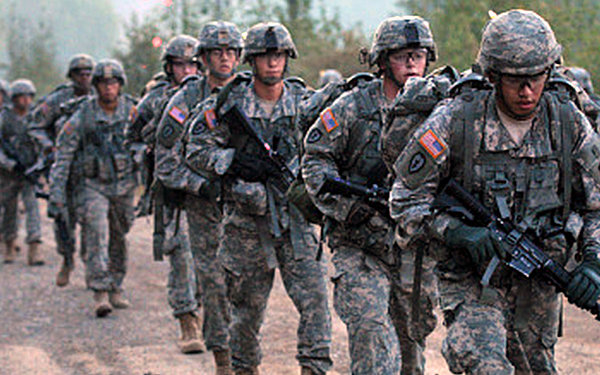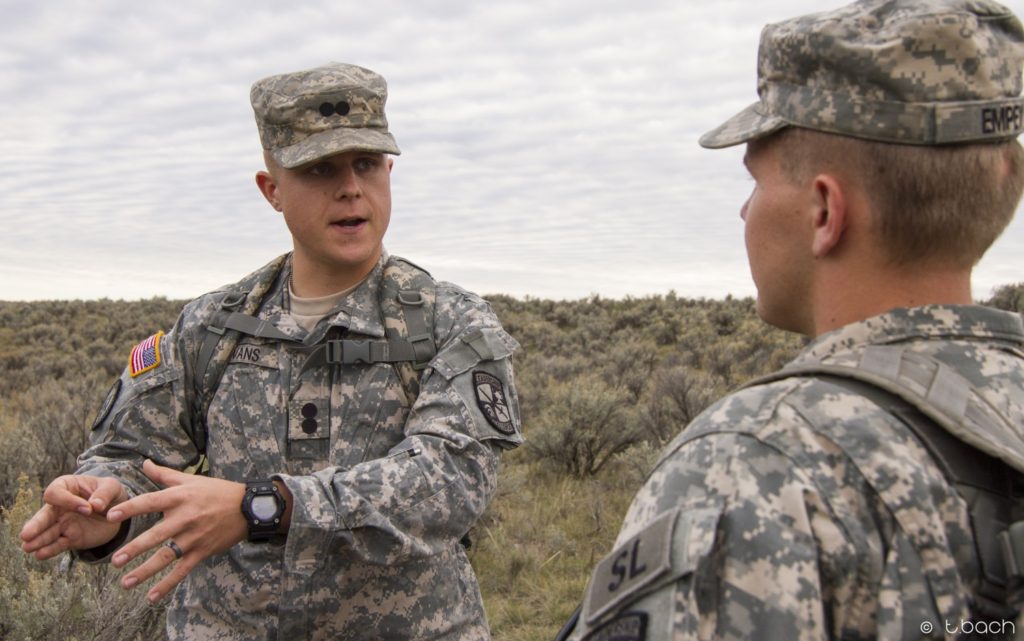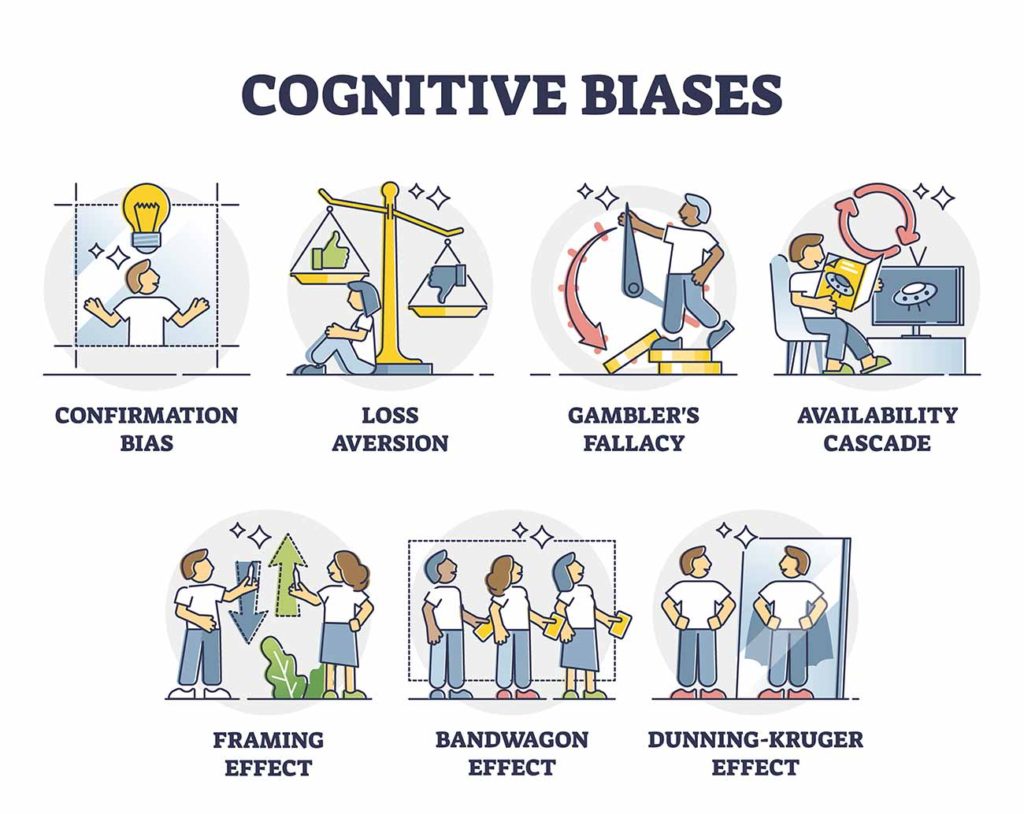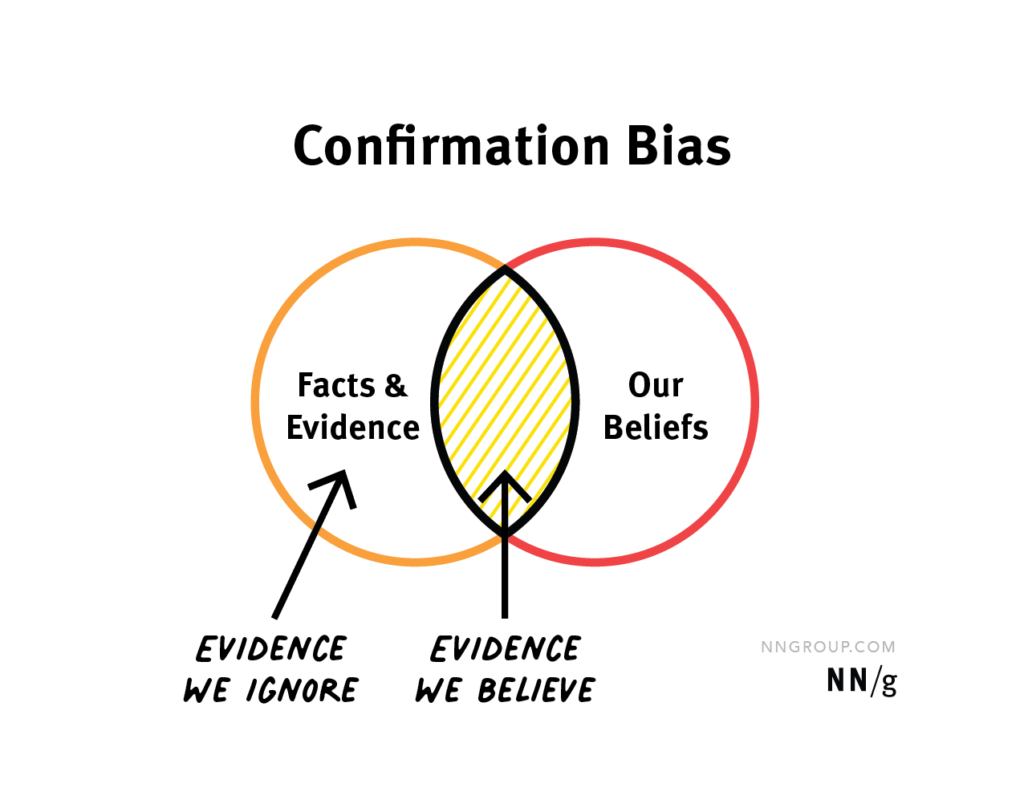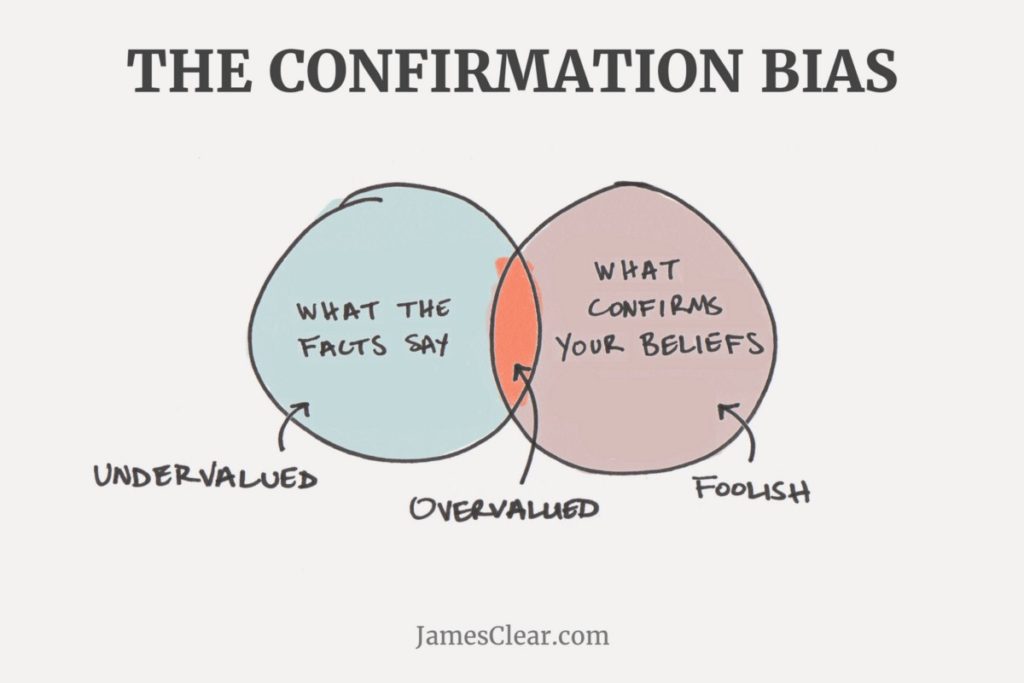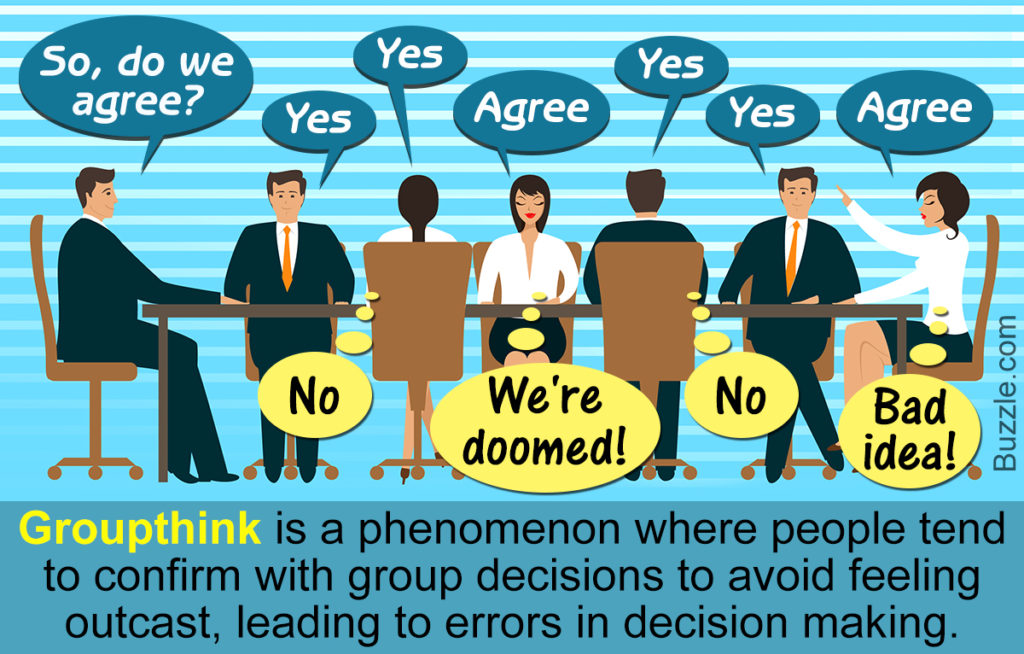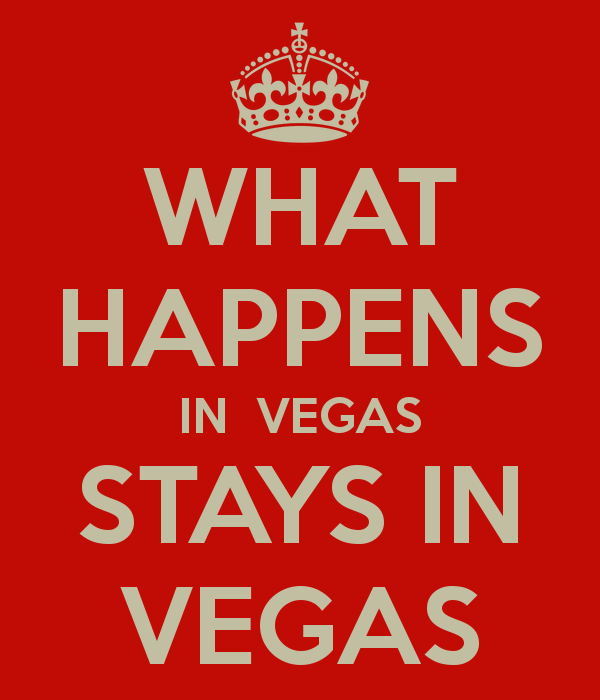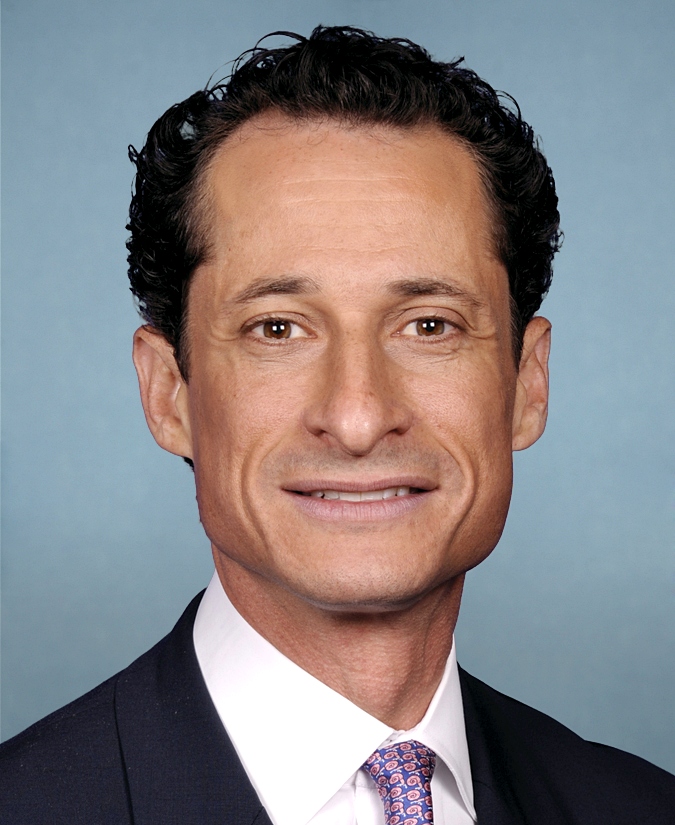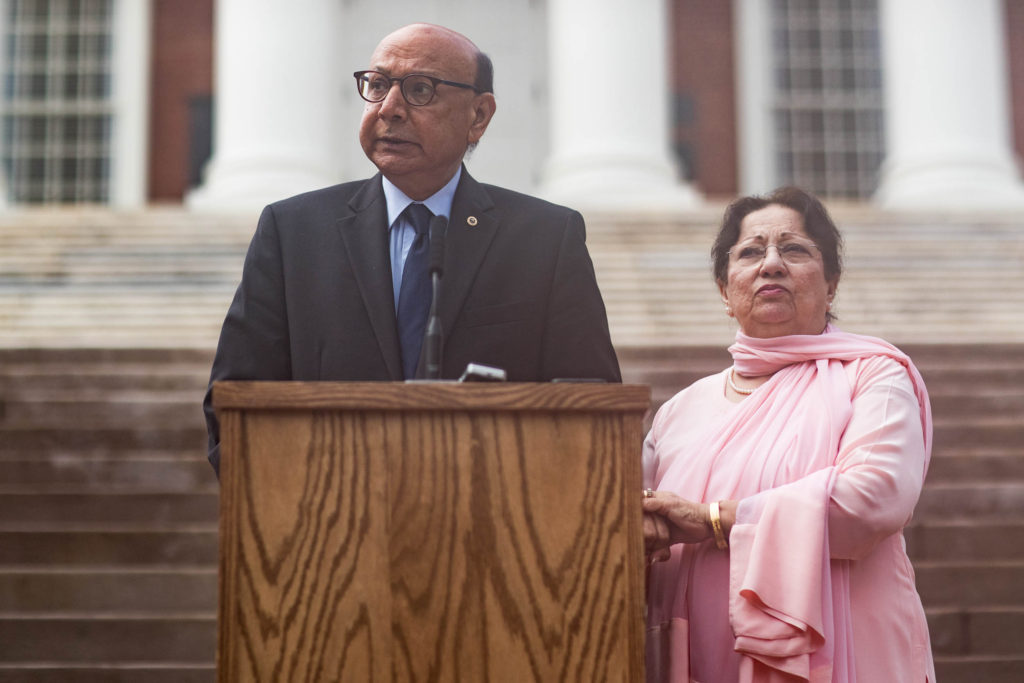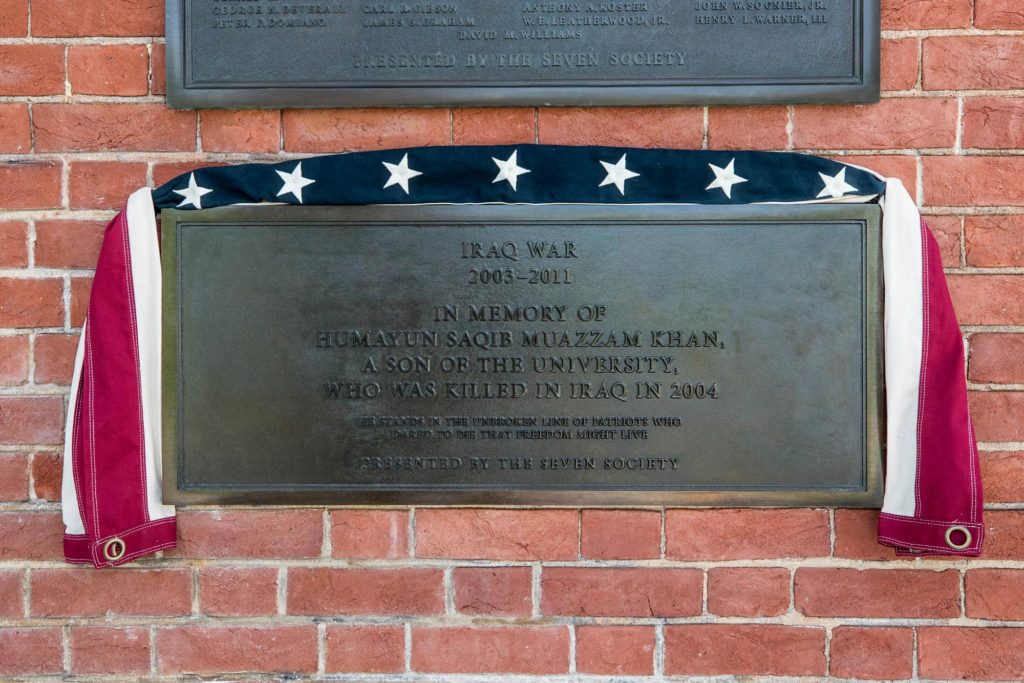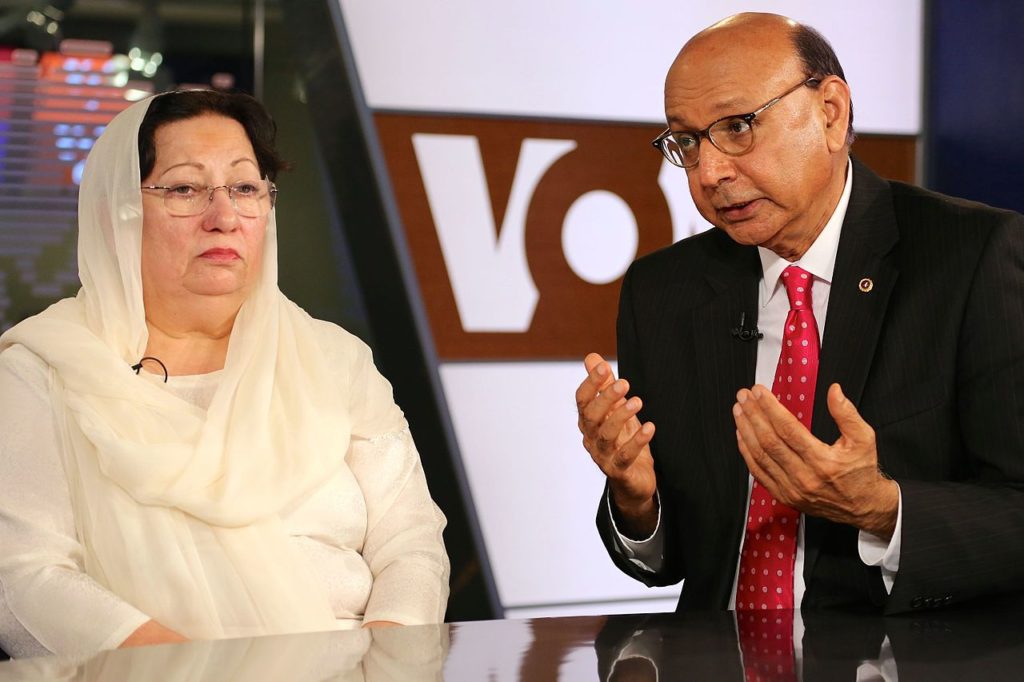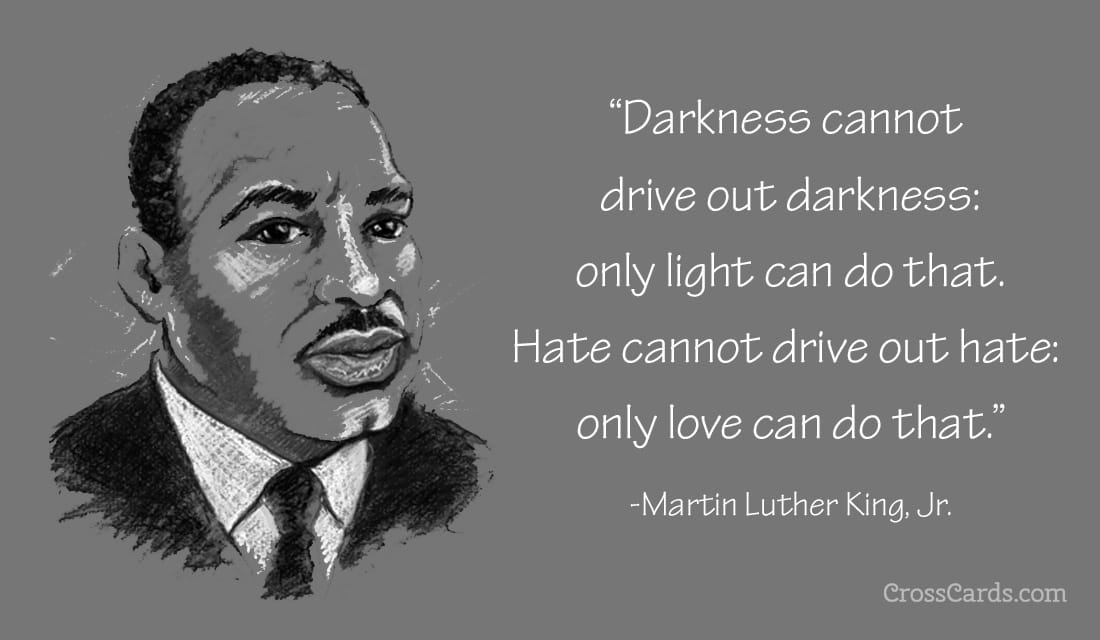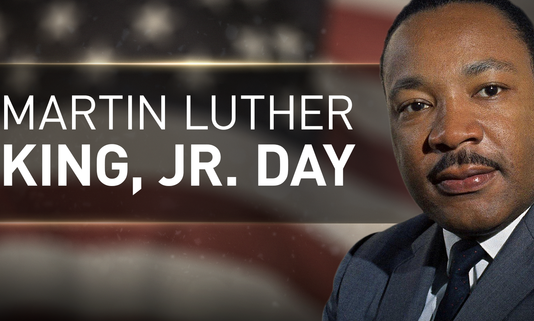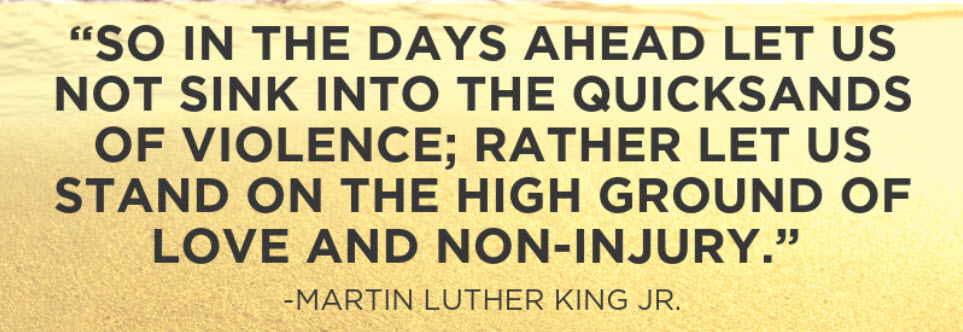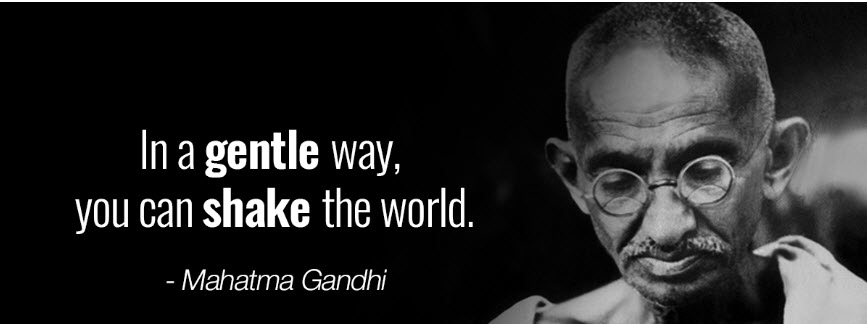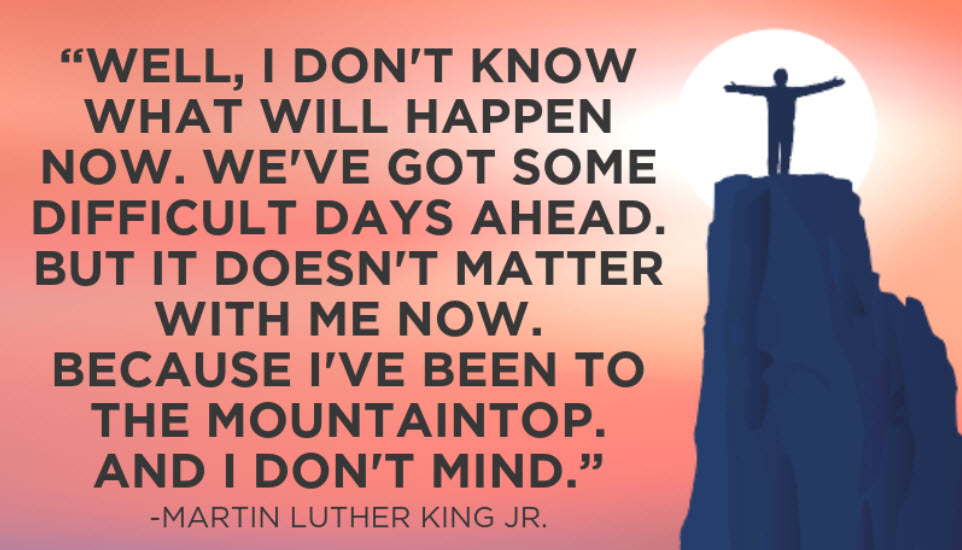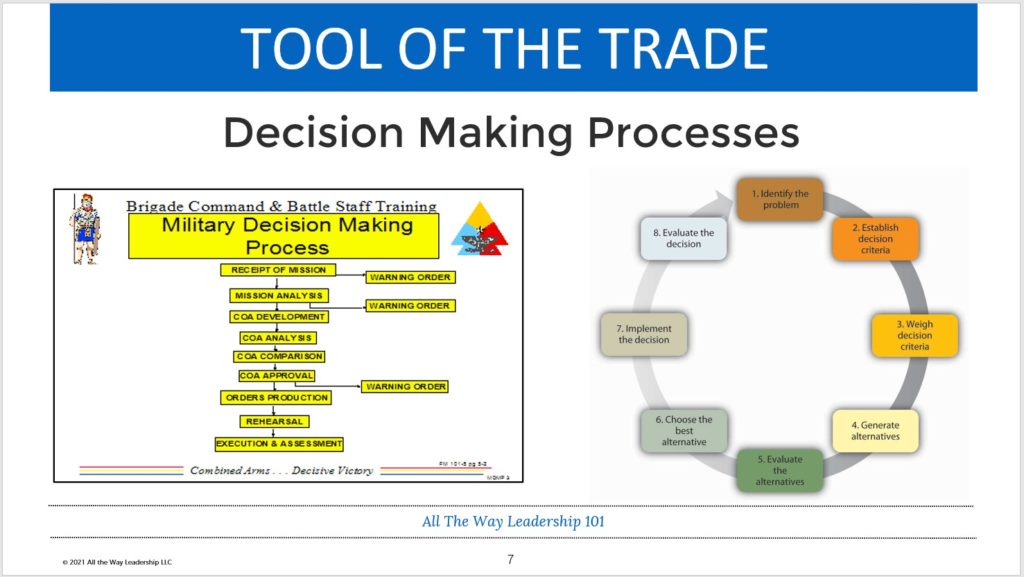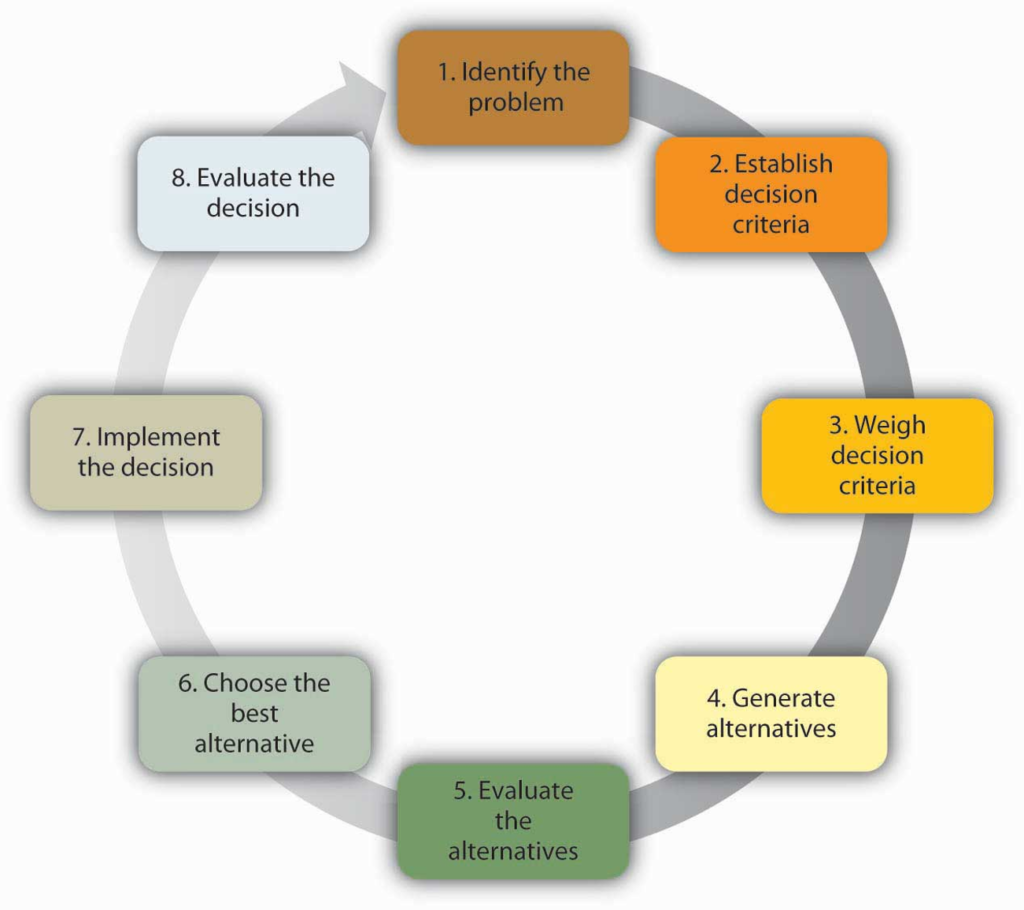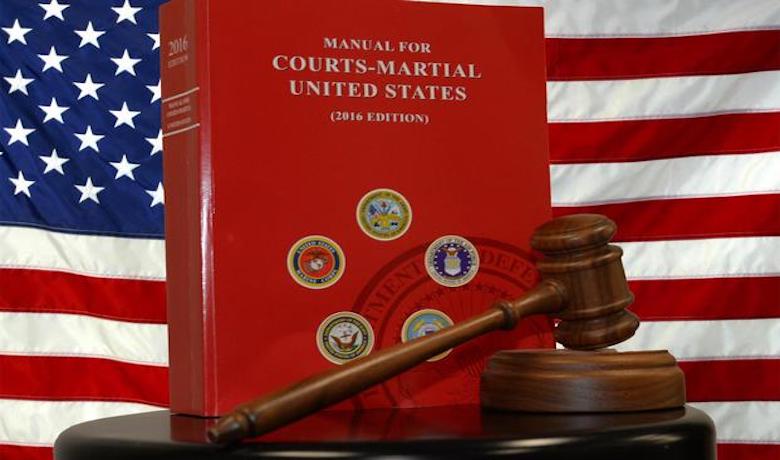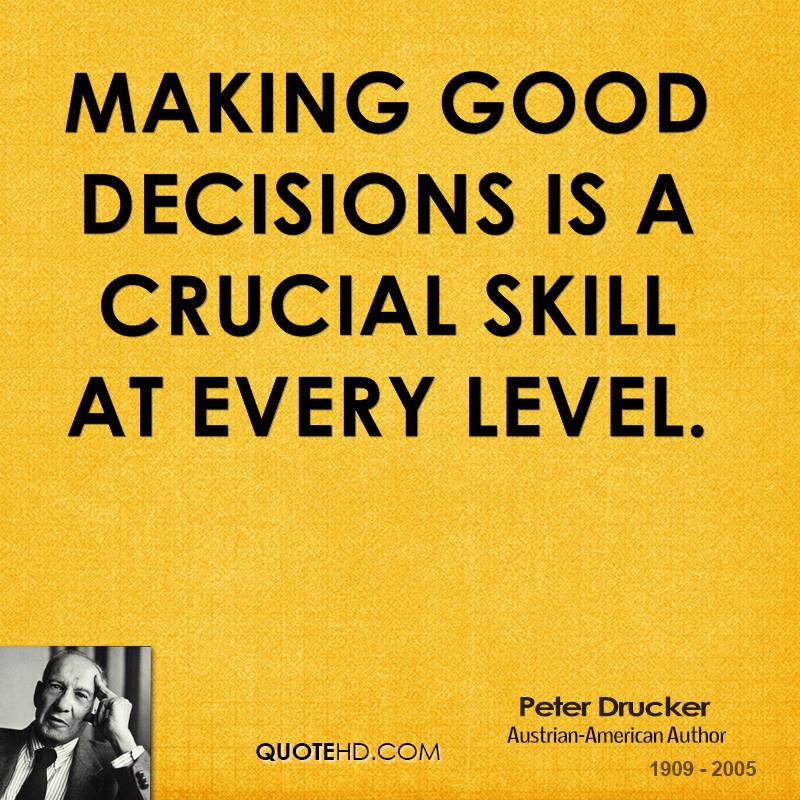Think about a strong leader you know. Ask yourself a question. Did she engage your team members in a meaningful manner? The answer is yes. Strong leaders do. Now think about a weak leader. Someone you did not enjoy following. Ask yourself the same question. Did he know how to engage his team? Your answer probably changed to no. It is difficult to follow someone who does not know how to have meaningful engagement with their team members.

Engagement with your team members is a constant leadership challenge
All leaders engage with their team members. It is part of any leadership role. The frequency varies and depends on several factors. For example, some leaders interact with their team on a daily basis in a physical work location. Other teams work completely from home and all engagement is virtual. Some teams are hybrid. The best leaders I worked for have energetic engagement with their teams on a regular basis. Sure – you can avoid many personal interactions by either hiding in your office or packing your calendar full of meaningless meetings. Weak leaders use this approach hoping that no one will notice. Don’t be that kind of leader.

Research shows that engaged team members produce much better results
There are several research studies focused on how employee engagement affects performance. Each of them seems to come to the same conclusion – engaged employees produce better results. It makes good common sense – people who enjoy the people they work with get the job done, and then some. This video provides several examples of the positive impact engaged employees will create. The obvious implication for leaders is that it is a worthwhile investment of your time to focus on meaningful engagement with your teams. Ignore it and performance will suffer.
Disengaged employees cost U.S. companies up to $550 billion a year.
The Engagement Institute
Retaining high-performing people is a constant battle
If you want to succeed as a leader you need a great team comprised of high-performing people. Finding the best and the brightest talent is challenging. Keeping them satisfied and content at work is a constant battle. Another reason that meaningful engagement is vital to your success is that your high-performers will not stick around if they feel stuck in a rut. Like you, they want to learn, grow, and take on bigger challenges and greater responsibility. I have witnessed several leaders neglect to engage their top performers on a consistent basis only to watch them walk out the door later. Don’t make that mistake.

Team member engagement is even more important in the post-pandemic world
Many things changed in big ways during the pandemic including how leaders engage their team members. Nowadays some people work remotely full-time, some are hybrid (a few days in the office, the rest at home), while others still go into the workplace every day. Leaders need to factor all these variables into how they engage their team members, especially if they have remote or hybrid team members. Recently there have been several studies about the modern workforce that describe why so many people are quitting their jobs (the great resignation), working less than before (quiet quitting), and leading in a hybrid work environment. Strong leaders are paying attention to these post-pandemic changes. Weak leaders are saying everything is back to normal and that the pandemic will not have a lasting impact.

What about you?
Are you engaging your team members in a meaningful manner? Do you know how to lead in the modern work environment? If not, don’t worry – All The Way Leadership! is here to help. The next series of blog posts will focus on this topic.
ATW! is designed to make you a better leader
I hope you join me on this journey to raise the next generation of leaders. The world is in desperate need of more great leaders. Women and men who lead with confidence, clarity, and creativity. It’s time to become the leader that your world needs. Let’s go All The Way!






